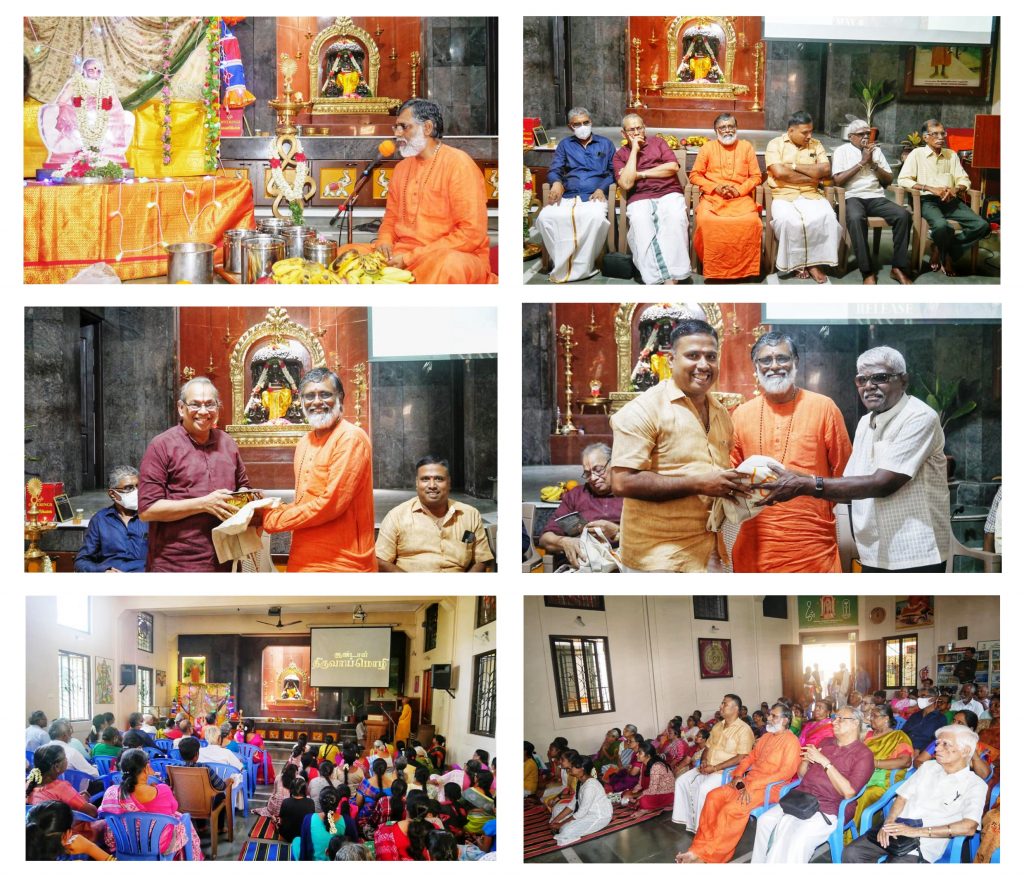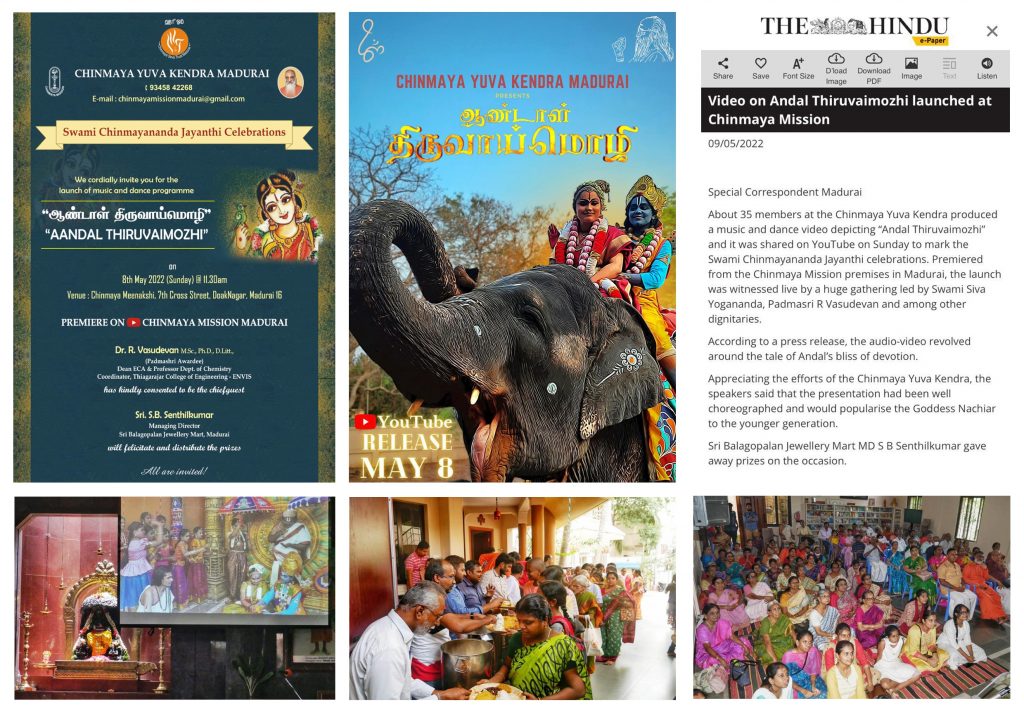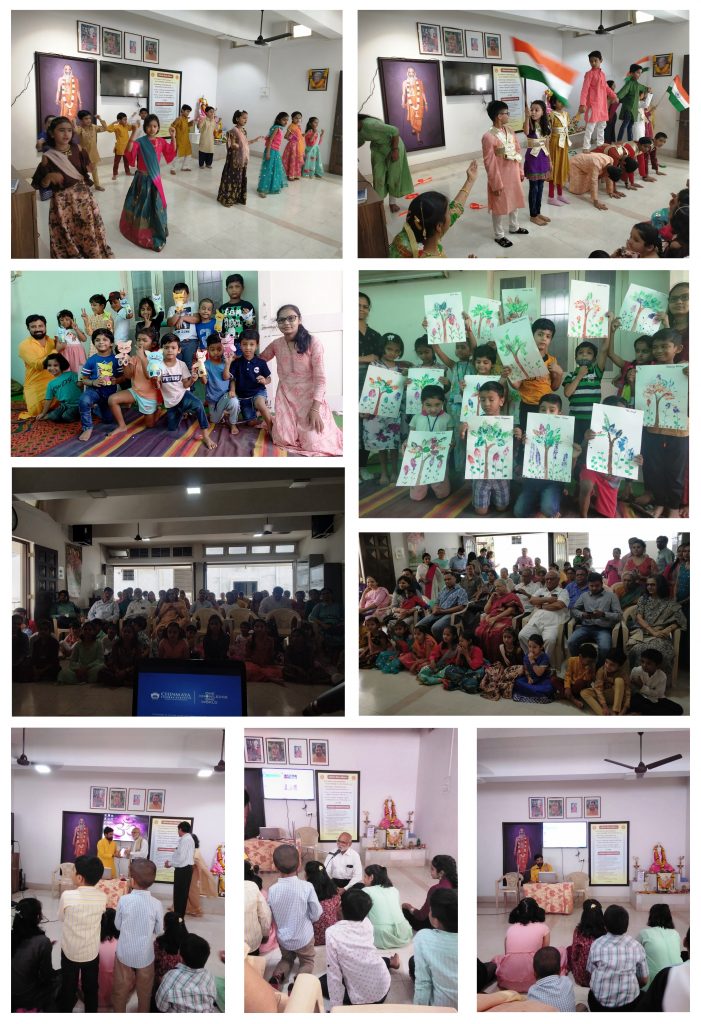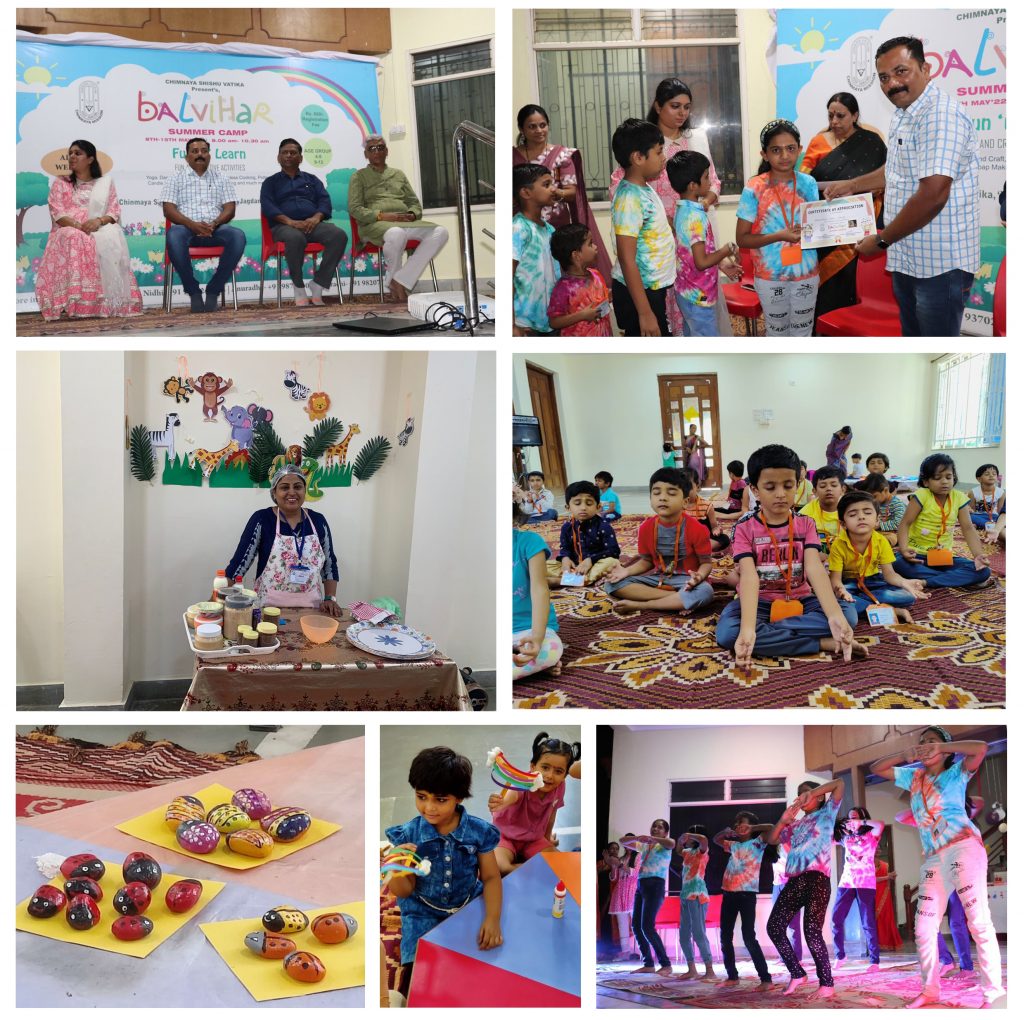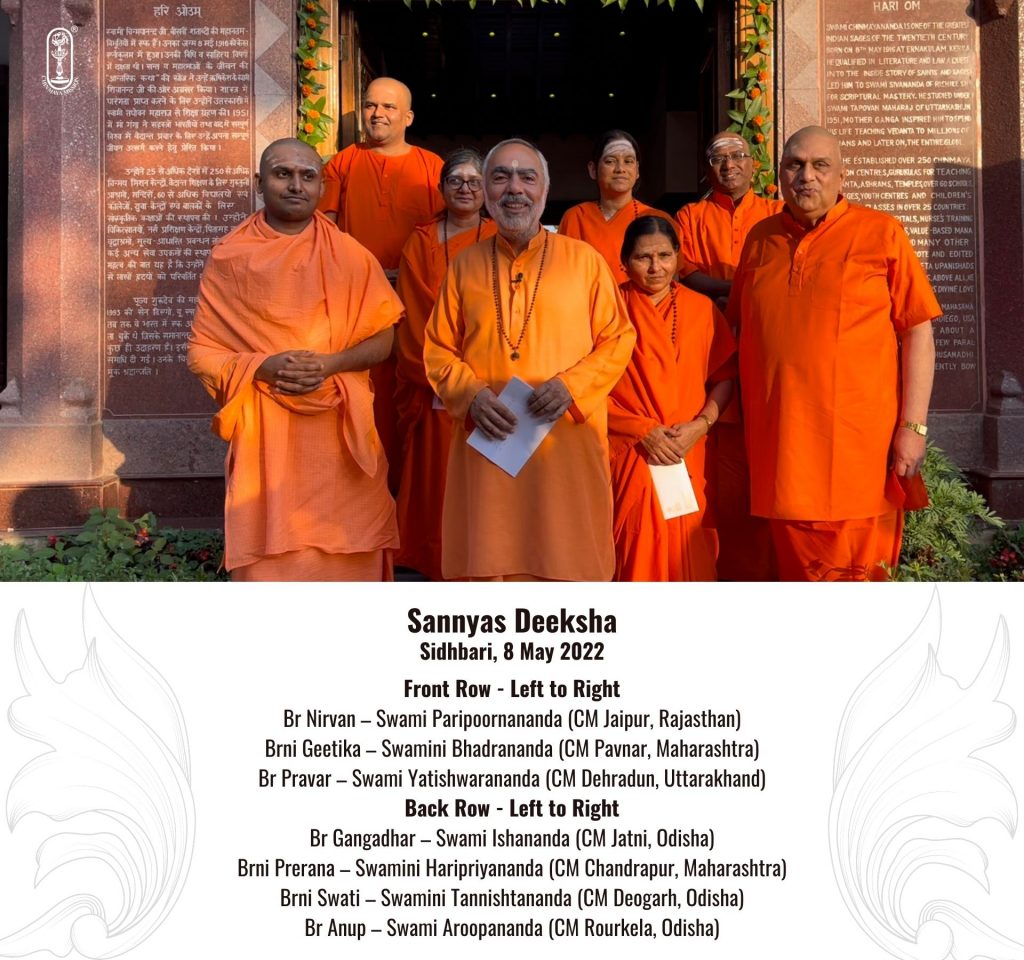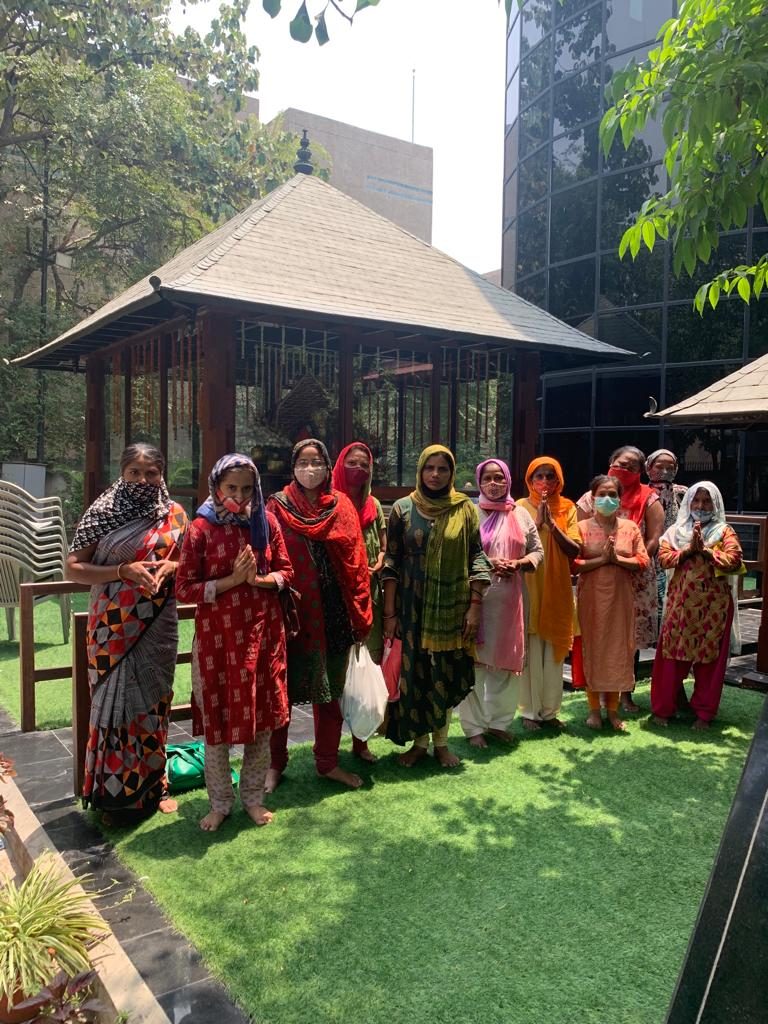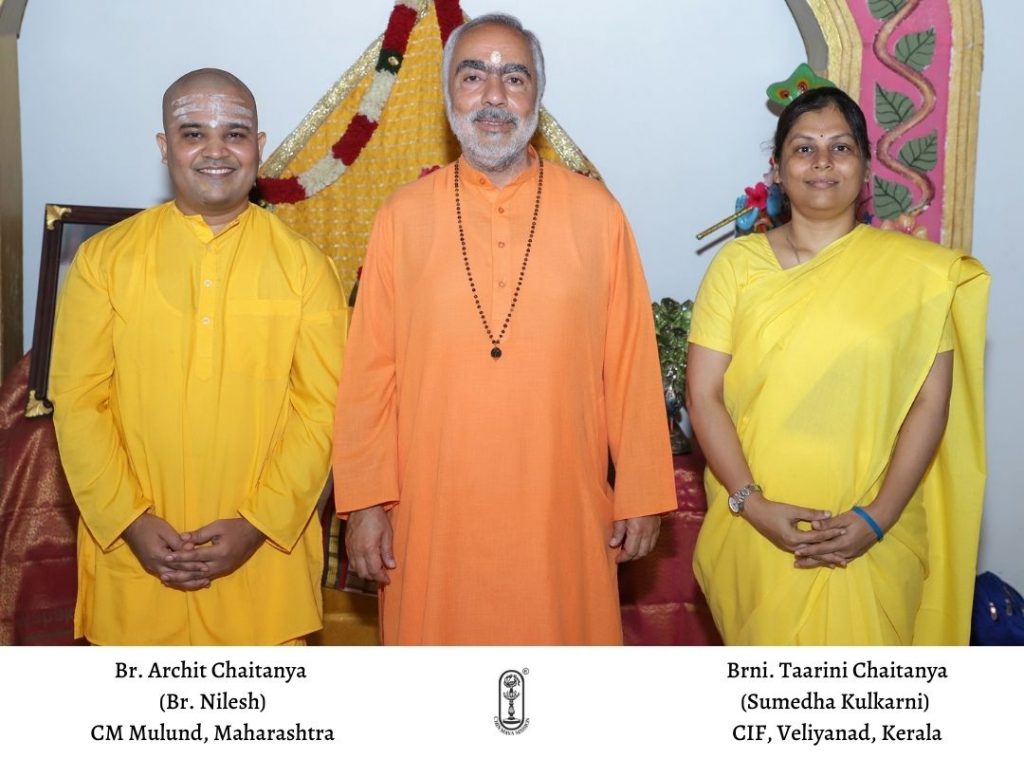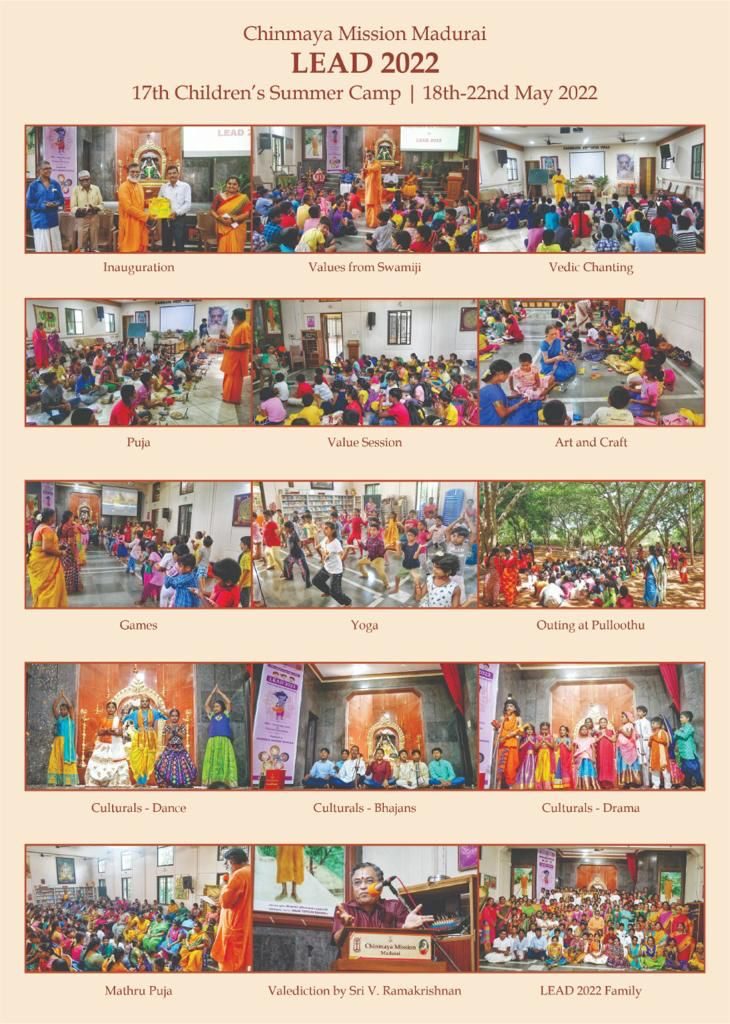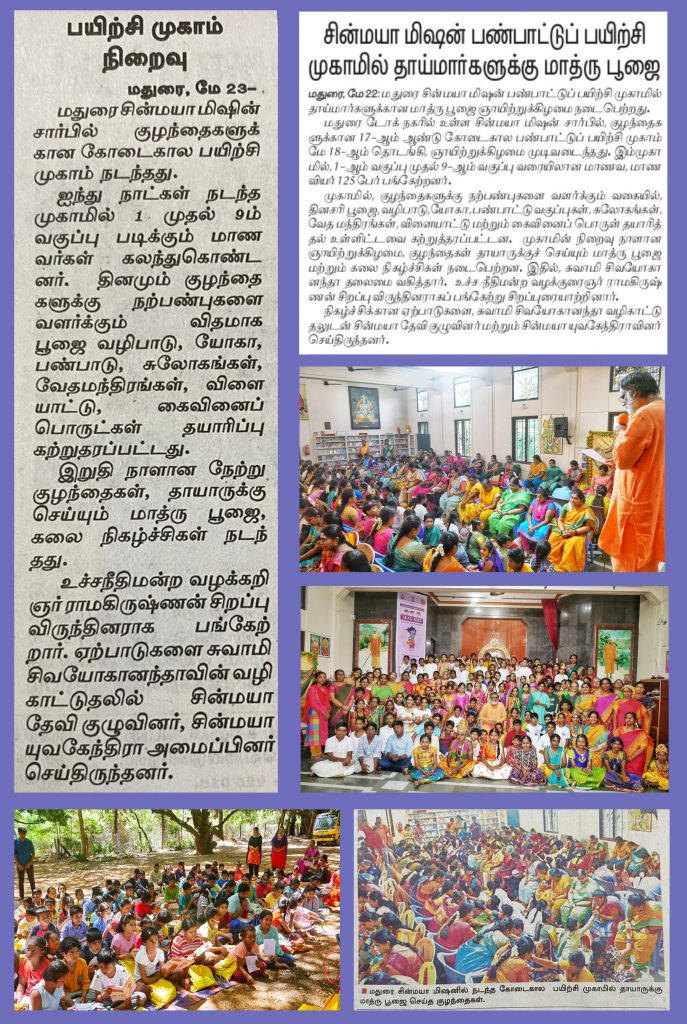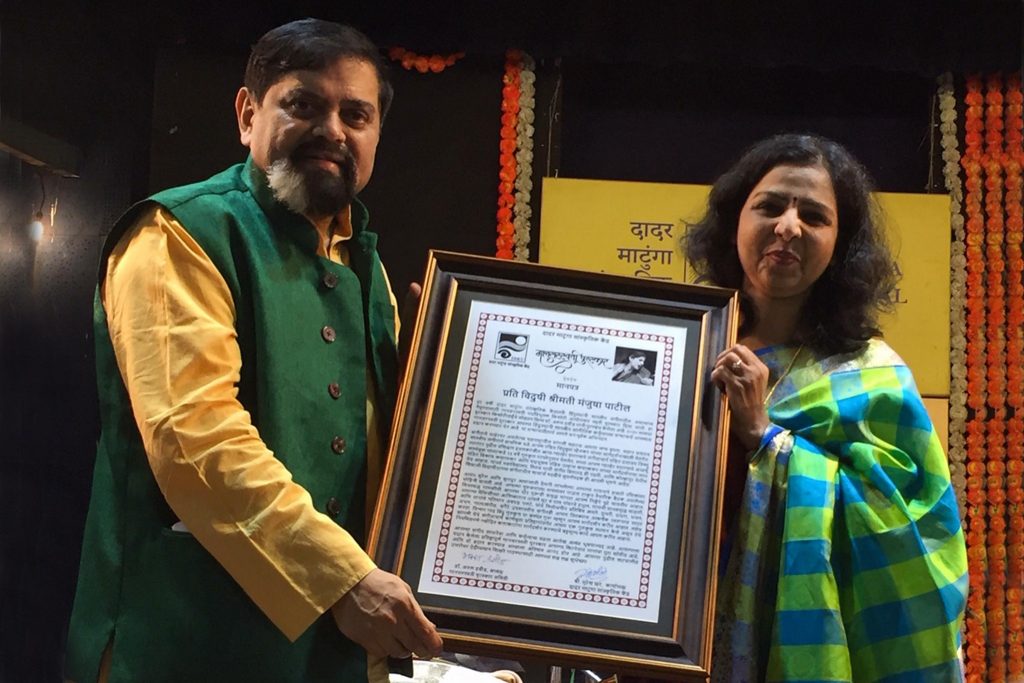The Mahabharata, the longest epic ever written, is believed to have all of life’s lessons in it. By way of a tribute, Sage Veda Vyasa has said that any learnings not mentioned in the Mahabharata, just do not exist. Scriptures such as the Mahabharata contain a vast body of information that reveal the trials and tribulations of the characters we admire and eventually identify with. When we read, recite, or assimilate the knowledge of these scriptures, we find them applicable to our own lives.
The characters in the Mahabharata, through their own journeys, indicate the path we need to tread as we move from imperfection to knowledge and Self-realization. An in-depth exploration of their stories, uncovers traits which help us understand their strengths, as well as the weaknesses that impacted the lives of those around them, as do ours.
Karna
Throughout life, Karna, the son of Kunti and an unfortunate victim of destiny, suffered from insecurity and abandonment. He craved the recognition of being a Kshatriya and carried a feeling of rejection even after being the most proficient warrior in the clan.
To satisfy this deep, nagging unfulfillment, Karna devoted his life to Duryodhana. He made it his goal to gain his respect and recognition. Even though some of Karna’s actions are unforgivable, there is admiration and sympathy for his character. At some levels we can relate to his helplessness. Karna is portrayed as one who had no option but to choose adharmika or unrighteous actions. Had there had been an alternative path, he might have exhibited the traits of noble behavior.
Karna was cursed by his Guru, Parshurama, and so it was his destiny to die in the manner he did. From Indra taking away his armour, to Arjuna getting help from all the gods, Karna was the target of an unfortunate play of the events of destiny, which people can identify with even today. The common man relates with ease to the situations in which Karna was placed, both of helplessness and bravado. Depending on our levels of self-awareness, these are emotions and circumstances we regularly face and deal with.
Arjuna
The protagonist and hero of the greatest battle ever fought, Arjuna mirrors human bravery and purity. With courageous decisions, his aim was to excel in every situation he found himself in. A visionary with rare insights, while others were complaining about being in exile, to prepare himself for the inevitable war, he set out to equip himself with the divine weapons that would be required.
Arjuna was immensely close to Lord Krishna and relied on Him alone. This is a reflection of the purity of his nature. But even the purest are put under test. He had to choose between his supposed duty and his ultimate dharma. He faced the conflict of choosing between killing respected elders of the family and letting the world be conquered by people of evil intent.
People find it easy to relate to Arjuna’s moral dilemma. Our thoughts mirror Arjuna’s beliefs in the greater good, followed by the actions required to protect it. The sublime Knowledge that Arjuna received from the Lord ended his inner conflict and readied him for the real battle on the ground. In our individual lives, we face several such situations, where we drop all controls and, with deep faith, seek help from the Lord. From Arjuna’s example, we learn that life is not black and white, but mired in shades of grey, which are clarified as tenets of righteousness in the Bhagavad Gita.
Kunti
As a strong woman in the midst of a complex battle, Kunti taught us that endurance is not a weakness, and that one is only a victim if one endures without fortitude. Throughout her life, despite all the difficulties thrown at her, Kunti remained undeterred in performing her duties.
Despite huge challenges, she encouraged her sons to be better and stronger. A true mother at heart, Kunti never advocated hate. The armour she gave her children, was the strength that comes from walking the path of righteousness or dharma. Amidst the chaos in today’s world, mothers can relate with ease to Kunti’s approach of raising and guiding their children. Her fierce determination to protect her children and uplift their lives through the tenets of dharma is a shining example that all mothers should embrace.
Thus, from Karna to Arjuna to Kunti, the characters in our scriptures have personalities that play the roles of excellent guides. They show us how to face the trials and tribulations of life. We are helped to recognize our weaknesses, improve upon them, as at the same time we leverage our strengths and follow the tenets of dharma, so as to live better and more sentient lives. They further aid us in making choices to follow the path of good actions.
A never-ending saga of theories and practices, the Mahabharata is a perennial source of wisdom and knowledge. It showcases personalities that allow us to view life objectively, and teach us the consequences of our actions and choices. I sincerely hope that those reading the Mahabharata or the Bhagavad Gita attain Self-enlightenment and find ways to incorporate good actions in their lives.
Swami Swaroopananda
Global Head, Chinmaya Mission
